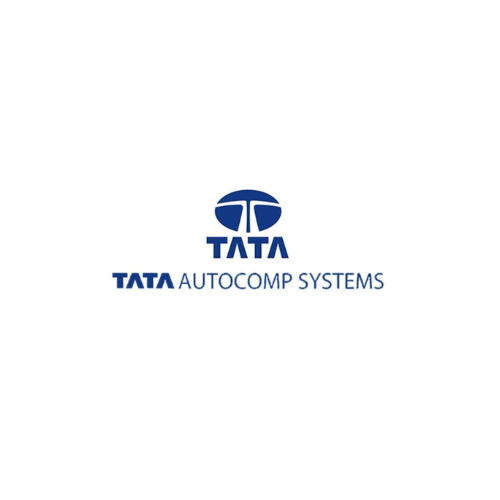High Performing Manager
Every good manager sets out to create success by defining their goals and objectives and forming well developed plans to achieve the same. There are times when they manage to find success and glory.
We support all major banks and cards.
Why IATL?
Every good manager sets out to create success by defining their goals and objectives and forming well developed plans to achieve the same. There are times when they manage to find success and glory.
However, more often than not, consistently finding the mark becomes a challenge, especially in the face of higher expectations from the leadership team.
Consistent high performance is a factor of continuous evolution. There are several factors that lead to inconsistent performance. Factors external to the organisation could be uncertainty in the market and/or rapid change in technology, economy, environment etc. Factors internal to the organisation could be related to lack of capability, tools or resources to do the job, people related issues etc.
A third factor that is often not fully explored if the manager themself. A change in technology, process or system may require the manager to upgrade their knowledge, skills and competencies to do the job.
In such situations, when the manager is pushed out of their comfort zone coupled with the pressure to perform, what emerges as the single biggest factor that comes in the way of success is the individual’s inner state. When plagued with deep seated insecurities, fears and emotional blocks, the manager experiences high stress and anxiety leading to inner turmoil, indecisiveness and inaction.
At such times, it is critical to provide the manager adequate support to move forward quickly and effectively.

Amit A. Sidhpura
Global Eminence Strategy Leader, IBM Switzerland
I’ve attended numerous global business conferences and forums featuring some of the brightest minds in the industry. Despite this exposure to valuable insights, I often struggled to apply them effectively in my professional life.
I believe many business leaders can relate to this experience – being fully engaged during conferences but feeling adrift when returning to everyday work.
However, high-performing manager coaching has been a game-changer for me. It offers straightforward yet profoundly impactful recommendations and concepts, communicated through practical exercises that set it apart from other workshops I’ve attended.
Client Deliverables :
- Live Training By Expert
- Lifetime Access To Community
- Certificate of Completion

Online Video Courses
Get trained by industry leaders !

Expert Facilitators
Top of the line coaches and facilitators.

Unlimited Access
Get unlimited access to our community.
Benefits:
IATL Coaches use a technique of deep listening from a space of inner silence and emotional maturity to help managers in the following way:
- Express their challenges and concerns: The IATL Coach creates a safe space for the coachee to explore their underlying emotions and beliefs beneath the stated challenges. They provide a non-judgmental environment for complete expression of thoughts and emotions resulting in the release of emotional bocks.
- Clarity of vision: Removal of emotional blocks naturally lead to clarity of thought. IATL Coaches help their coachees navigate through their thoughts and actions and find the “why”. Connecting with their vision or purpose of achieving their goals, helps the coachee rekindle the fuel or the drive required to achieve results.
- Discovery of Innate talents and qualities: The IATL Coach also helps the coachee develop self-awareness by helping them identify natural qualities inherent in them that they have experienced and displayed in the past. They encourage coachees to work to their strengths in order to achieve their objectives.
- Manifest results: The IATL Coach helps the coachee develop orientation towards solutions by helping them to commit to purposeful actions within the given timeframe while allowing themselves to seek help as required.
The Framework
Step 1: Align with the organisation’s / coachee’s goals and objectives from the intervention
Step 2: Evaluate current reality (using self -assessment tools) and create coaching plan
Step 3: Deliver intervention
Step 4: Evaluate progress at the end of the intervention, decide on next steps and closure.
Who should attend:
- People Managers
- Individual contributors
- Professionals
- Entrepreneurs
Academy Courses & Coaching
Many Major Companies Trust Us
Some of the companies who have worked with us .







Start Learning And Grow ! Join Our Community
Get the latest updates and access to courses and interact with other industry leaders.









